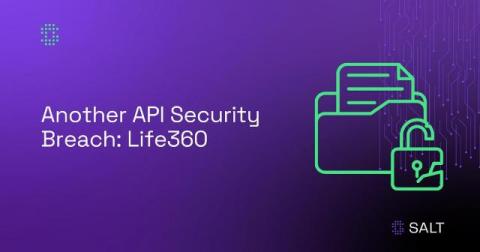CVE-2024-41110: Once Again, Docker Addresses API Vulnerability That Can Bypass Auth Plugins
A significant vulnerability (CVE-2024-41110) was recently discovered in Docker Engine version 18.09.1.Although the issue was identified and fixed in 2019, the patch did not apply to other major versions, resulting in regression. The vulnerability was assigned a CVSS score of 10 (critical).











